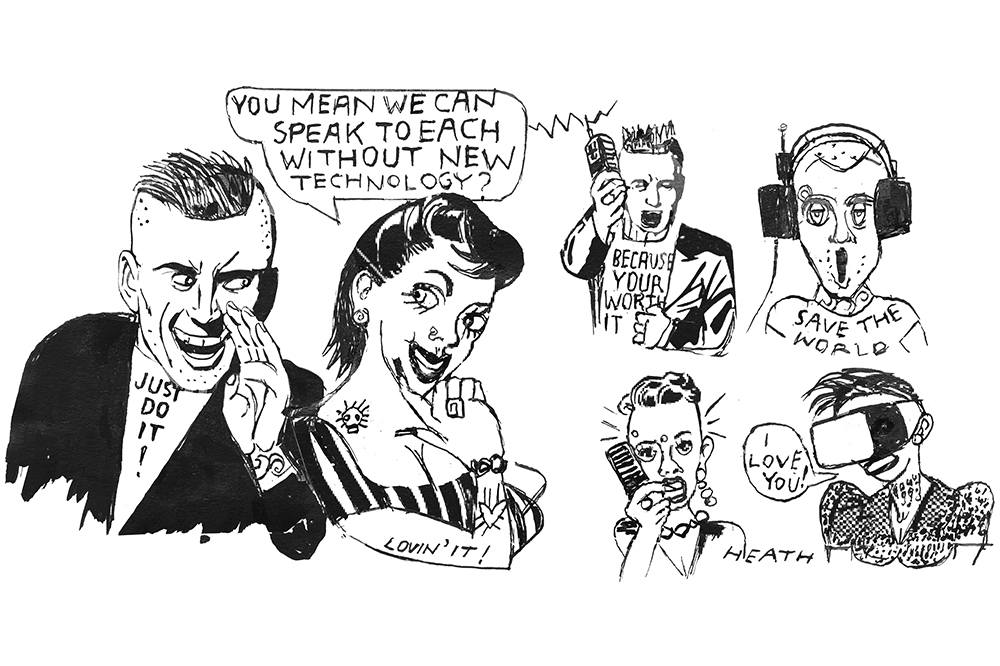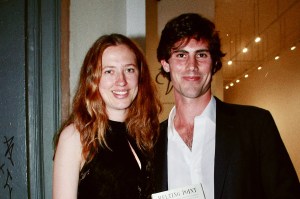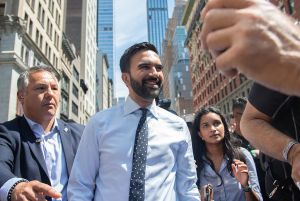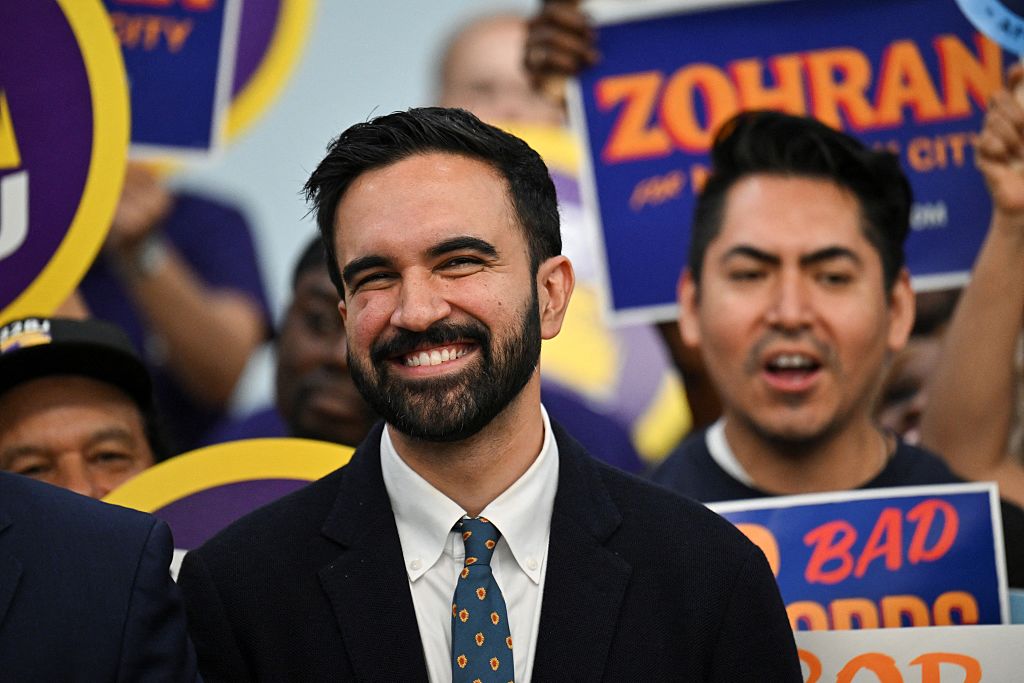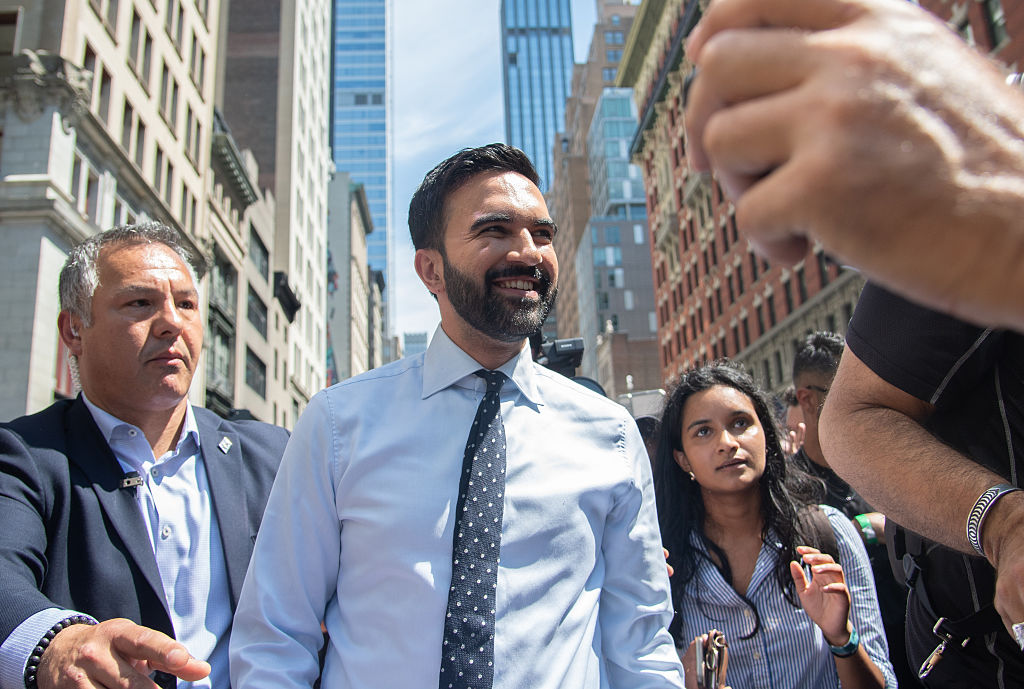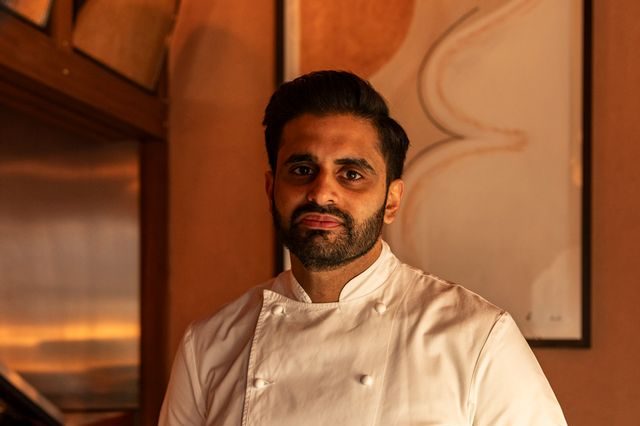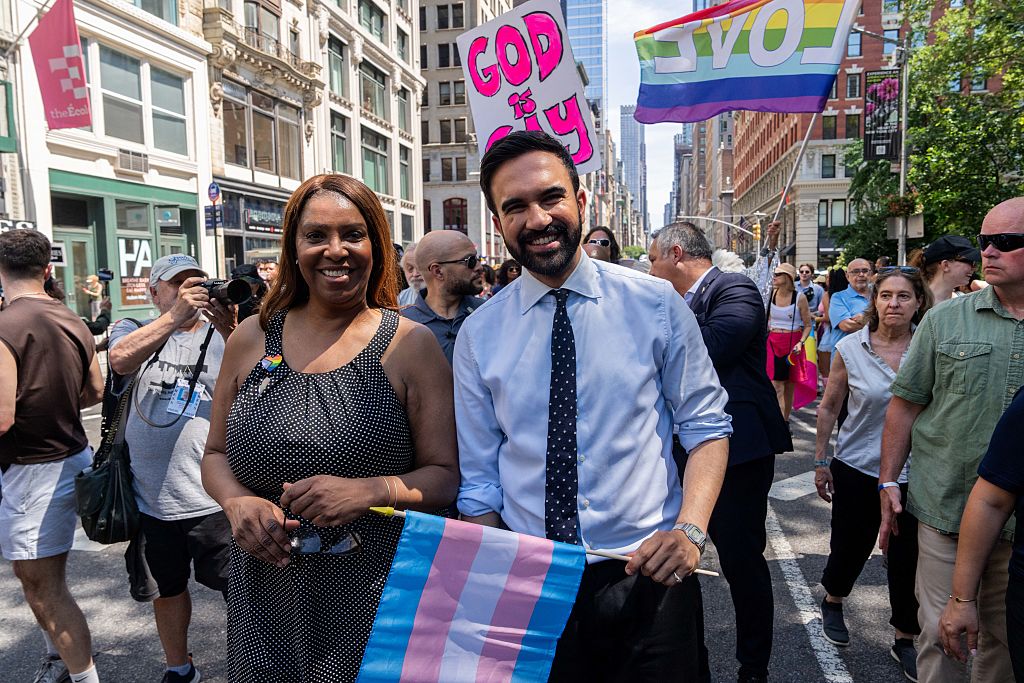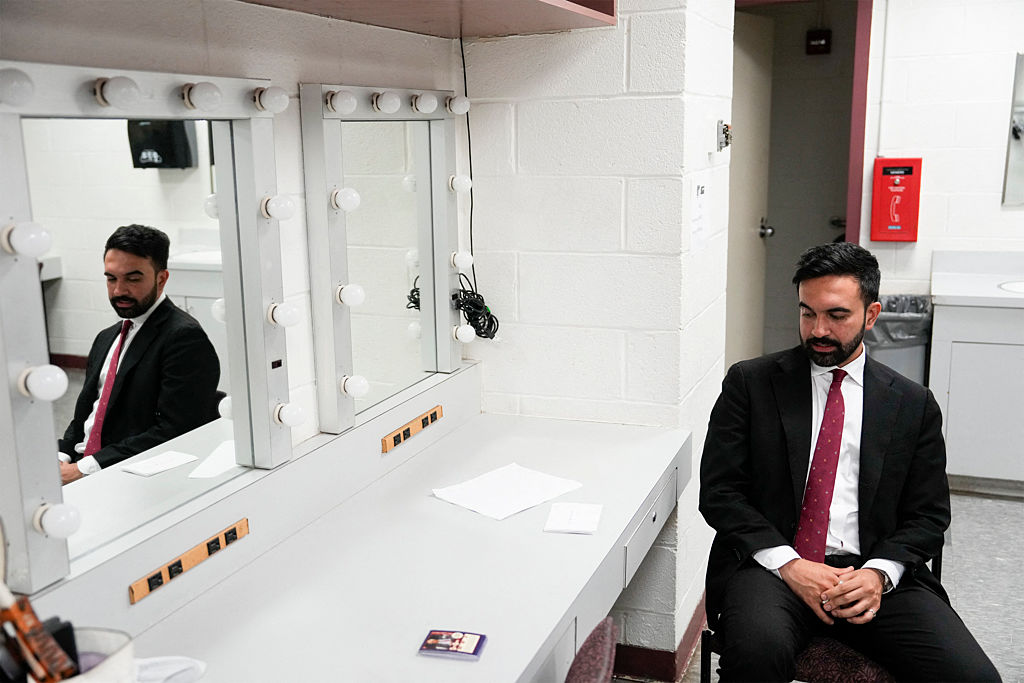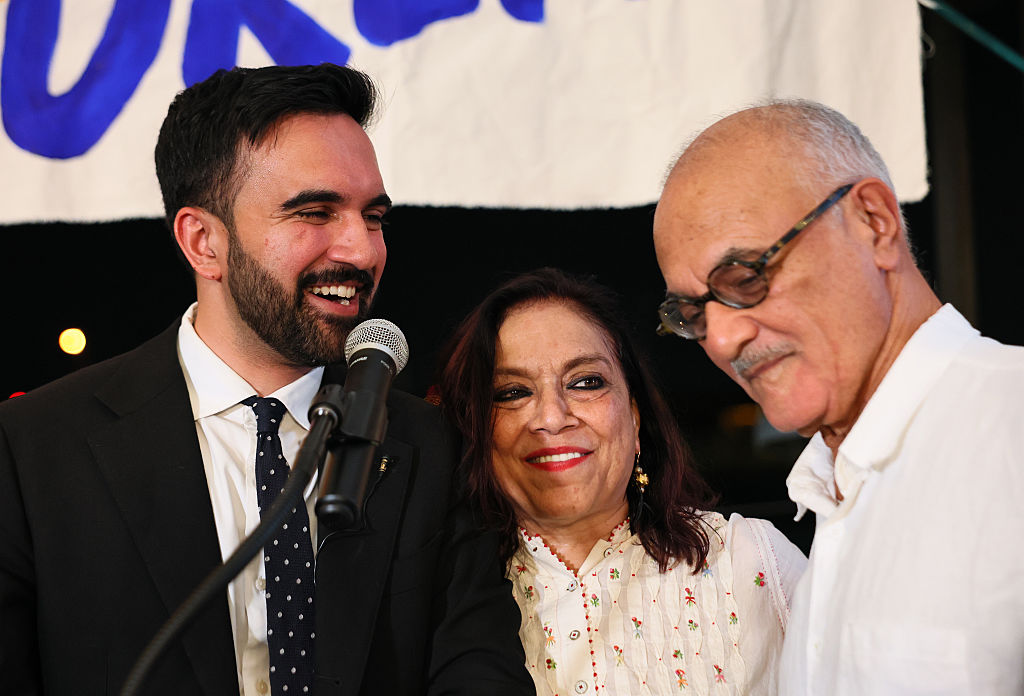‘Frzngrpe?’ asked the pool attendant, as I was sunbathing at the Scottsdale Four Seasons. I begged his pardon. ‘Frzngrpe!’ he replied. I clearly looked as baffled as I felt. ‘FRZN-GRP!’ And then it clicked: ‘Why, thank you! A frozen grape is just what this blistering heat demands.’ After half an hour the chap was back: ‘Sprz?’ Eh? ‘Sprz?’ Hmmm. ‘SPRZ!’ ‘Ah, yes, as the thermometer creeps into the nineties, an icy Evian spritz is ideal.’ I was reminded of this interaction recently while staying at the absurdly well-appointed Rosewood Mayakoba on Mexico’s Riviera Maya. One morning, my seaside reverie was politely interrupted by the offer of a head massage. This I declined, but I did take up the suggestion, 20 minutes later, of having my sunglasses professionally polished — a service that, I’m ashamed to say, was significantly more day-changing than I thought possible. And then a free glass of Taittinger was thrust into my hand for it was, apparently, ‘Champagne o’clock’.
I’m a keen student of hospitality’s ‘wow’ moments — those unexpected luxuries that catalyze delight, loyalty, and Instagram tags. Back in the day, wow meant pillow chocolates, and loo rolls tucked into a ‘V’. But social media has brought about a wow arms race: personalized minibars; embroidered robes; iPods loaded with your favorite songs. And now it seems that every ‘o’clock’ is to be wow-ed with a specific variety of booze: Champagne at 11 a.m.? Pimm’s at 4 p.m.? Kümmel at midnight?
Traveling on the Uptown 1 from 18th Street to Times Square, I counted 12 smartphones, five Beats By Dre, two MacBook Airs, a MacBook Pro and a Dell. What struck me as strange was that nothing was strange. Fifteen years ago, such a public display of so much eminently stealable tech would have been unimaginably reckless. Back in the day, a Manhattanite told me, Broadway pit-musicians wouldn’t dream of carrying their instruments on the subway: these days, the public display of valuable kit is unremarkable.
This is not to say that phones, tablets and laptops aren’t stolen on public transport. Warnings to keep valuables out of sight are regularly (if inaudibly) broadcast. Indeed, when the iPhone was launched in 2008 it instigated a mini crime wave, until manufacturers consented to ‘brick’ stolen phones. But it’s a historical curiosity that the revolution in portable electronics was coterminous with an unprecedented bubble of public safety.
What happens, though, when this bubble bursts? London provides a clue. Near where I live in Highgate, teenage gangs cruise the streets on stolen mopeds looking for phones to snatch and laptops to grab. Everyone knows someone who has been robbed. These kids jump the curb, drive along pavements and think nothing of wielding hammers, knives, or even acid. (To add insult to actual injury, they hurl to the ground all but the latest technology.)
The explosion in portable electronics was driven, in part, by the miniaturization predicted in 1965 by Moore’s Law: the number of transistors on a computer chip will grow at an exponential rate. But now, when even the modestly-off carry technology worth thousands of dollars, we may soon realize that the fruits of Moore’s Law are only tenable under the rule of law.
I was amused to see that Delta’s new ‘boarding hierarchy’ now includes 11 classes: Preboarding > Active military > Delta One > Delta Premium Select > Early Access > Delta Comfort Plus > Sky Priority > Main Cabin 1 > Main Cabin 2 > Main Cabin 3 > Basic Economy. Ostensibly designed to streamline ‘gate chaos’, this hierarchy is a splendid illustration of ‘immiseration’ — offering sub-standard services from which people pay to opt out. And, boy, is the airline industry addicted to immiseration. So accustomed are we to chiseling at every stage of our flight that no one knew if a proposal by an Irish budget airline to charge for lavatories was a PR stunt or policy. When it was revealed airlines use algorithms to separate families unless they pay for allocated seats, many were outraged but few were surprised. Once you notice immiseration, you see it everywhere — from cable TV ‘service bundling’ (which gives discounts to the rich) to supermarket ‘three for two’ deals (which penalize those without cars). And it’s not confined to the consumer: governments regularly deploy immiseration, from Kafkaesque food stamp policies and prison telephony extortion to predatory bail costs and voter suppression.
The most famous writer on this subject was the 19th-century economist Jules Dupuit, who described how railway operators made first class even more desirable by literally taking the roofs off third-class carriages. ‘Having refused the poor what is necessary,’ Dupuit wrote, ‘they give the rich what is superfluous’. In other words: Frzngrpe?
This article is in The Spectator’s October 2019 US edition.



